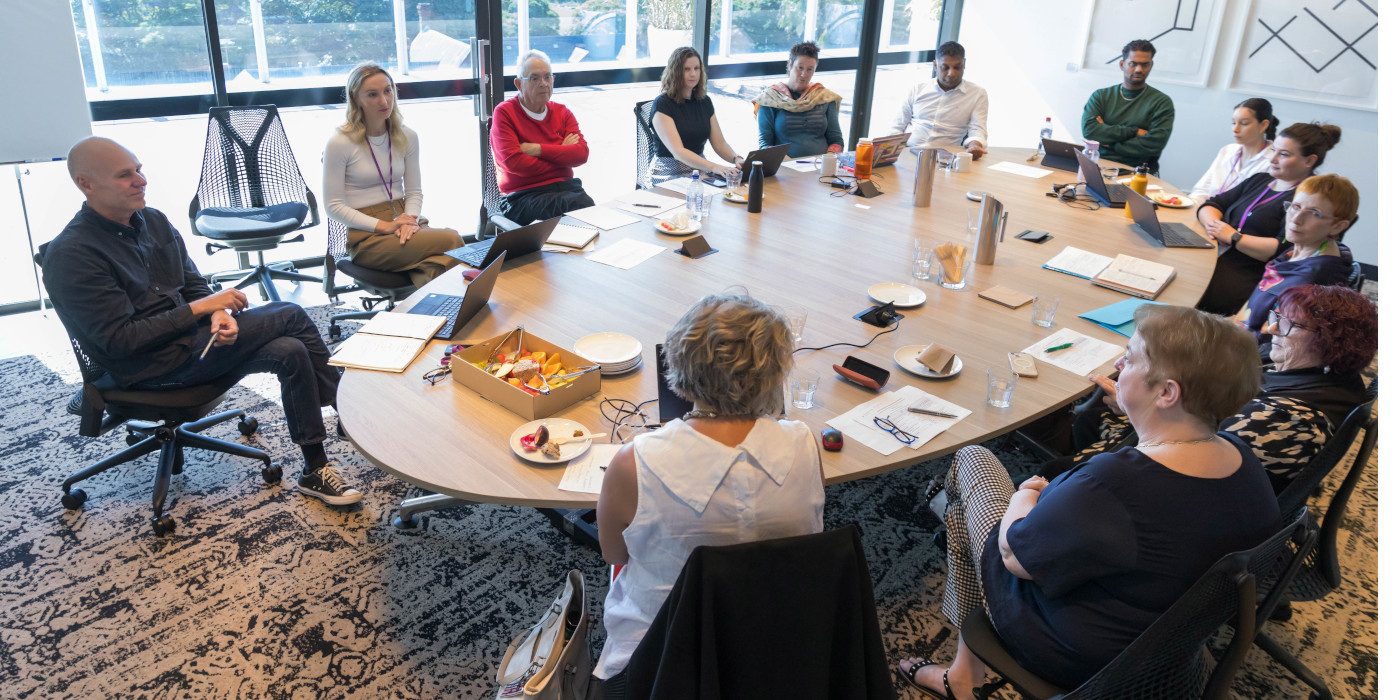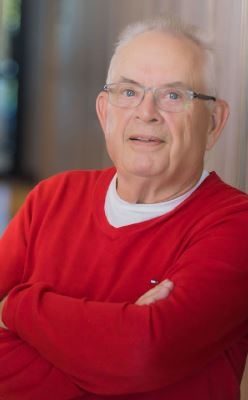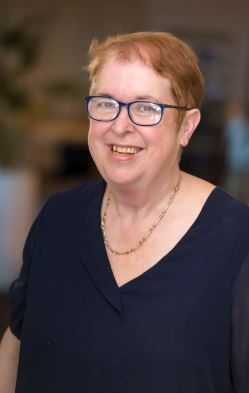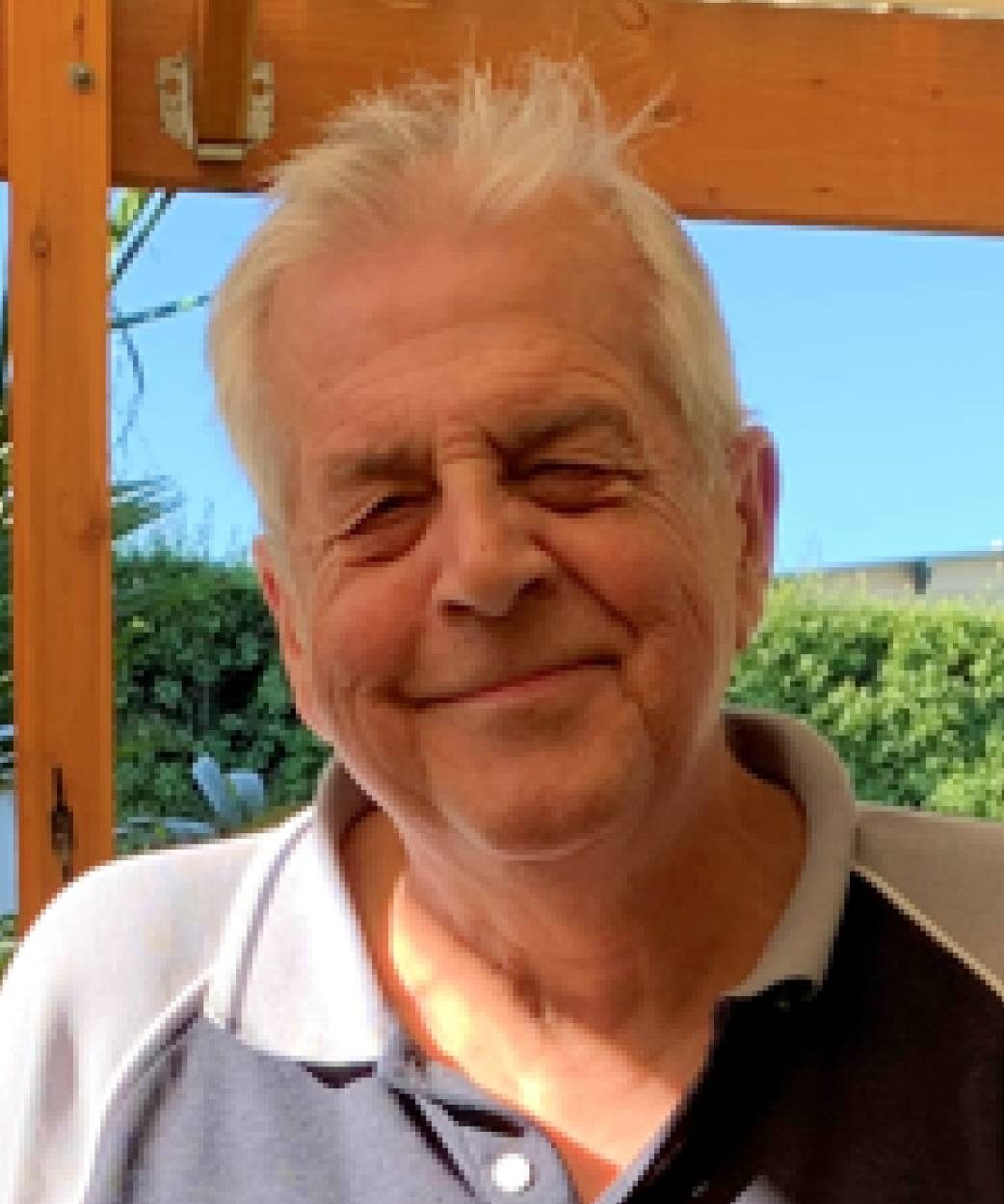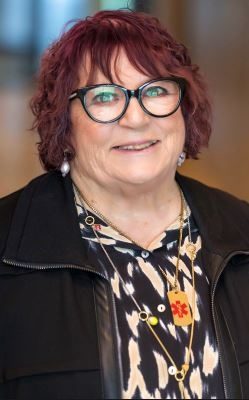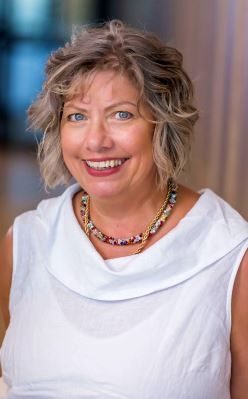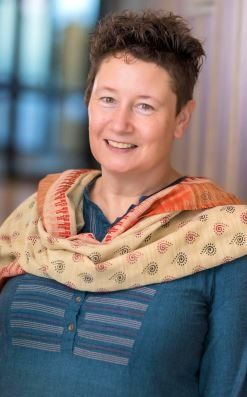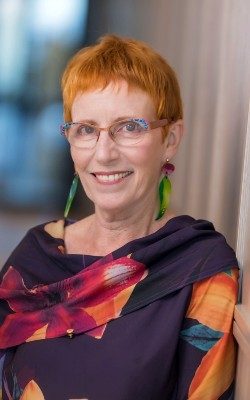Inaugural Chair, CCAC
Brian is a stroke survivor, who sustained a stroke in 2016. Since this time, he has been involved in stroke advocacy and clinical research projects, as an investigator and a consumer with lived experience. He shares blogs on social media about various aspects of stroke and stroke rehabilitation. In 2021 he received the Stroke Foundation of Australia’s ‘Improving Life After Stroke’ Award in recognition of his efforts in this area. Brian retired in 2012 after a career spanning 3 decades in corporate communications in the Australian Financial Services Industry. Late in his career he became involved in Organisational/Workplace Cultural Programs, Management Consulting, Project Management and Change Management and would regularly speak at conferences in Australia and abroad. Since having his stroke, he now regularly shares his stroke story with stroke clinicians and students and incorporates his broad corporate experience to share his insights on service delivery.
Brian says: “As a member of the CCAC, I hope to develop and nurture the integration of ‘lived experience’ into The George Institute’s mission and strategic vison.”


